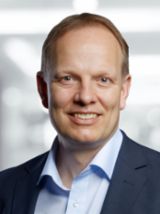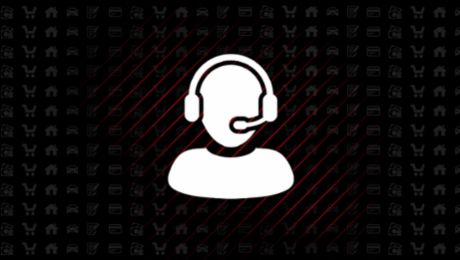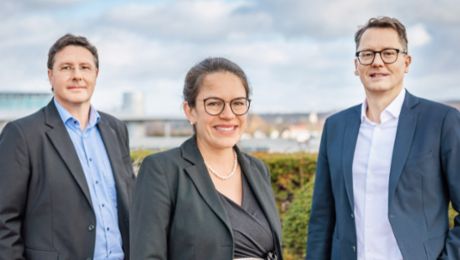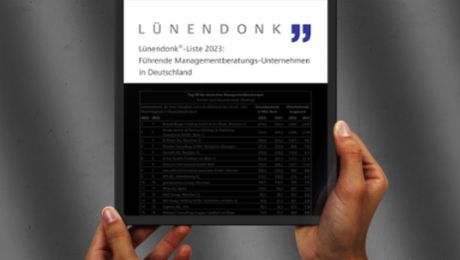Frankfurt Airport is the largest in Germany and a key hub for international transport. It is one of the world’s top 20 takeoff and landing sites for the civil aviation sector. Its operators need the quality of their services to compare well with those of their colleagues in other great cities around the globe. Everyone who goes through an airport can see for themselves how passenger services are set up. And these services work best when airport operators work closely together with airline companies. Hand in hand, with shared goals. After all, passengers benefit when flights run smoothly and conveniently despite different companies being responsible in the air versus on the ground. Far more attention should be paid to this idea—in the interest of customers, but also to enable the businesses involved to work together more profitably in the future.
At Terminal 1 in Frankfurt, the future is already here. Check-in counters are being modernized. Security checkpoints are being equipped with new CT systems that automatically scan carry-on baggage for solid and liquid explosives. The departure area offers security slots that passengers can book in advance online to reduce stressful waiting times to five or ten minutes at most. All of that is just the beginning. By working together, the Fraport AG airport operator and Lufthansa as the largest German airline want to optimize their services and processes and enhance what they offer customers. This new vision for the future is expected to benefit everyone—from tourists and business travelers to the airport operator and the airline.
The FraAlliance joint venture was launched in the summer of 2022 to facilitate close collaboration in operations at the Frankfurt transport hub. Fraport and Deutsche Lufthansa each hold a 50 percent share. The idea for the venture had arisen around three years earlier. It was refined and expanded, and then put into practice. Dr. Pierre Dominique Prümm, Fraport’s Executive Director of Aviation and Infrastructure, calls it a rapid and powerful enterprise “that lets us merge our mutual interests.” Jens Ritter, CEO of Lufthansa Airlines, emphasizes its goals. “We want to offer our guests a reliable, punctual, and first-rate travel experience,” he says. “With its innovative and future-oriented measures, our partnership will deliver considerable added value.”
This strategic alliance is firmly focused on meeting customer expectations and ensuring dependable infrastructure, stable processes, and value-creating services for all parts of the journey, which in turn are expected to yield new sources of revenue. The two managing directors of FraAlliance have ambitious plans. According to Jörg Harnisch, previously Head of Process Improvement at the Lufthansa Group, “We want to make the travel experience more attractive for each and every guest—and to make the airport more profitable overall.” Dirk Schusdziara, formerly Fraport’s Senior Vice President for Commercial Affairs, Terminal Management and Corporate Safety and Security, sums up the collaboration as follows: “The airport is learning to think like an airline, and the airline like an airport.”

The complexity of the envisaged transformation is already apparent in how individual travelers get to the airport. One might arrive by taxi, another by train, yet another by plane, and someone else in their own car. All want the right kind of reception coupled with guidance to their destination—as simply and smoothly as possible. Improving Frankfurt’s mobility hub means further developing its business operations, infrastructure, intermodality, sustainability, and customer experience. As Schusdziara explains, “Everything we do revolves around the customer.”
Improving the processes and product offerings throughout all stages of the passenger journey will also boost the competitiveness of the site. An early successful example of the joint venture’s activities is the Lufthansa smartphone app, which informs users in real time of waiting periods at security checkpoints. Another example is the precision analysis and optimization of passenger flows, which will shorten connecting times for around a million travelers a year by eliminating duplicate security checks. Connecting passengers, who often have little time to spare, make up 60 to 70 percent of travelers at the Frankfurt hub.
The improved services at Terminal 1, which is used exclusively by Lufthansa and its partner airlines in the Star Alliance, are expected to be fully operable by late 2023. In addition, FraAlliance’s medium-term goal is to turn this major airport with its approximately 1,100 daily takeoffs and landings, 500 bus departures, 150 train departures, and a good 140,000 passengers into a “small town” with an array of attractive offerings including shopping, leisure activities, and conference facilities. That will also enable Frankfurt Airport to strengthen its profile. “We want to become even better hosts,” promises Schusdziara. There is no shortage of ideas. Why not have concerts at the airport? Theater performances? Parties? “Every passenger and non-passenger should feel welcome and at ease with us,” says Schusdziara. “Visiting the airport should be an enjoyable experience. And not just once.” Frankfurt Airport is more than an international hub with long-distance rail and municipal public transportation connections. “For many people from around the world, it is their gateway to Germany.”
As with many transformation projects, data landscapes lay the foundations for the work by FraAlliance too. Fraport and Lufthansa have therefore combined and analyzed selected data sets from their respective companies. Sharing knowledge about passenger flows is a crucial part of the alliance. It is the only way to provide customers with individualized services. Around 450 businesses are located at the airport, and the IT landscape integrates these service companies and system partners in order to enhance multi-dimensional solutions too—such as “door-to-door journeys from a single source.”

For Jörg Harnisch, these are examples of the new ways of thinking and acting at Frankfurt Airport. The founding of FraAlliance was a turning point, he says. “We’re no longer playing on our own but instead are members of a team.” That’s clear during a short break when the partners play table soccer at the airport office of Porsche Consulting. The end of the game presents a good opportunity to ask about the management consultancy’s role in this strategic transformation. “For us,” replies Harnisch, “Porsche Consulting is all about understanding our customers, and about a self-motivated drive to constantly keep trying to improve.”
Management Consultant Claus Lintz
“Pleasant surprises on the way to boarding the plane”
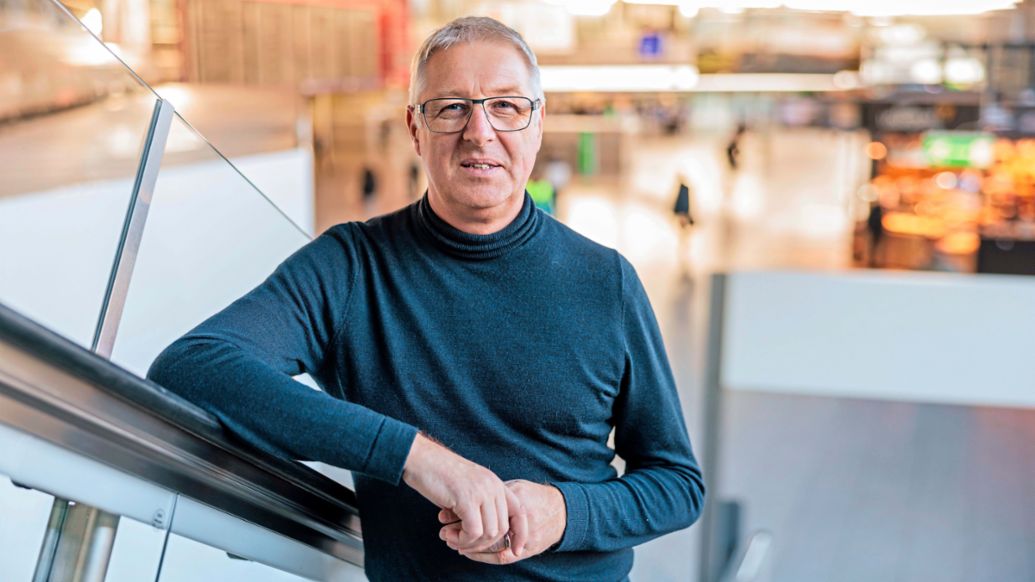
Three different perspectives have been part of the FraAlliance project from the start. “The first is what travelers will need in the future,” explains Claus Lintz, Partner in the Aeronautics and Aviation division at Porsche Consulting. This view through the eyes of airport customers leads to the second perspective, namely, “What are the services the airport can and wants to offer its guests?” And finally, the project also incorporates a third perspective: “How do we run the company as a whole to make it as profitable as possible?” Game changers and quick wins are both in the cards when it comes to raising efficiency and revenue, Lintz adds.
In their search for answers, the FraAlliance partners have been open to thinking well outside the boxes of their respective companies. Prompted by Porsche Consulting, outside experts were brought in, including a development specialist from the Amazon corporation. “Ideas from completely different industries revealed surprising new approaches,” reports Lintz. “For example, the notion of pleasant surprises. Why shouldn’t we be offering our airport guests something they themselves haven’t even realized they’d like to have? After all, online retailers expose us to this phenomenon on a regular basis.” Intriguing ideas for future airport experiences also came from talks with the European head of Walt Disney Imagineering and the creative director of the Hamburg-based Europe-wide ECE shopping mall operator.
The management consultants integrated the insights from other sectors into a number of workshops for discussion and evaluation. As Lintz observes, “That produced a program with many different individual initiatives.” As co-CEO of the FraAlliance, Harnisch sees the benefits here. “Porsche Consulting’s strength lies in coming up with suggestions that are all realistic—ones you can actually put into practice.” One example is the “lab gate,” a special departure area right before a gate, which serves as an experimental field for innovations such as rotating pop-up stores and regional offerings. “It lets you run trials to see what works and what doesn’t,” says Lintz. He is convinced that the FraAlliance has what it takes to become a role model for airports throughout the world. “This joint venture lays the groundwork for making the gateway to Germany more attractive for people from every country. In doing this we have to ask questions like these: What type of impression do we want Germany’s largest airport to give its guests? And what services do passengers and visitors need and expect from a mobility hub like Frankfurt Airport?”
Info
Text first published in Porsche Consulting Magazine.
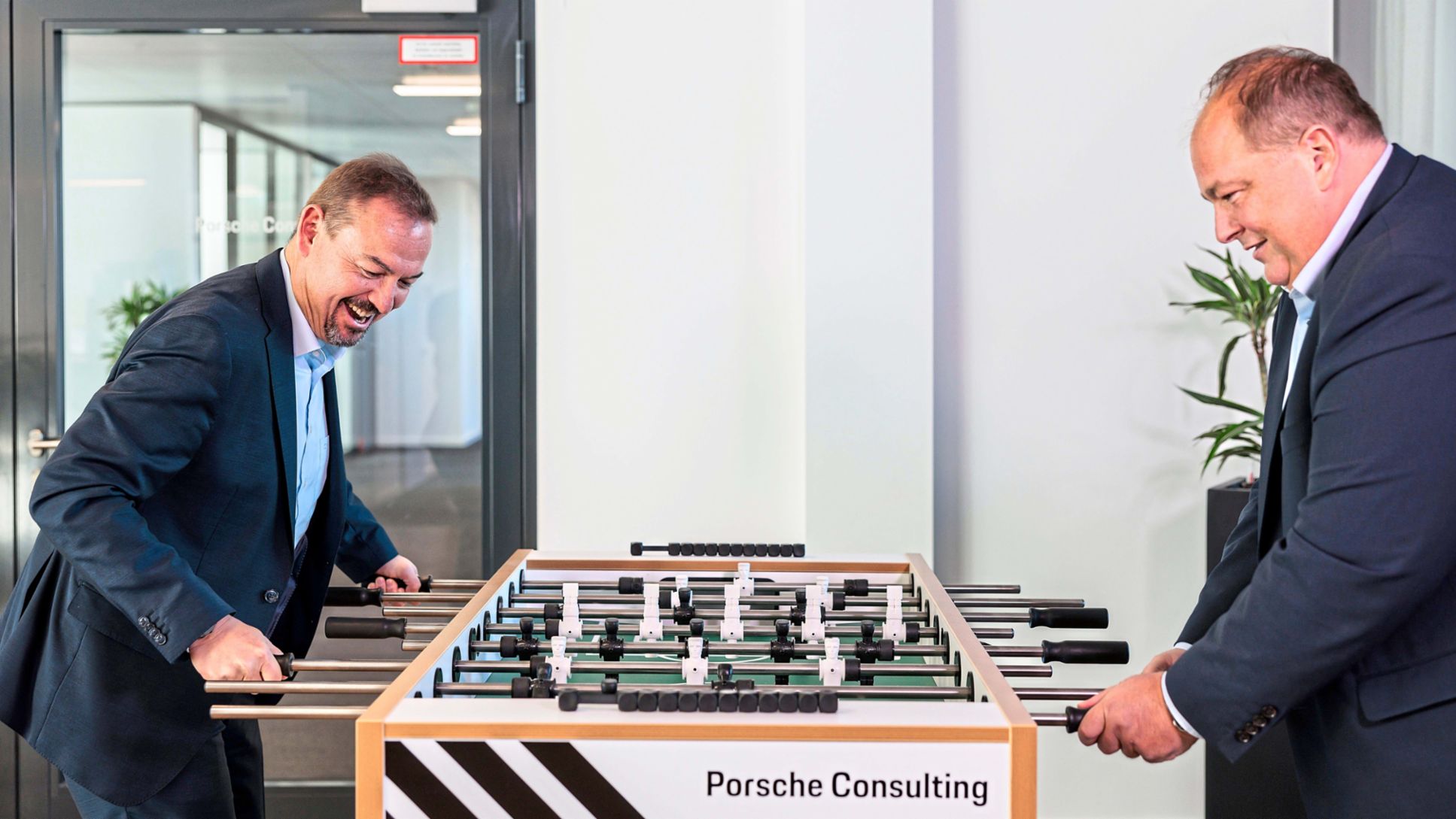
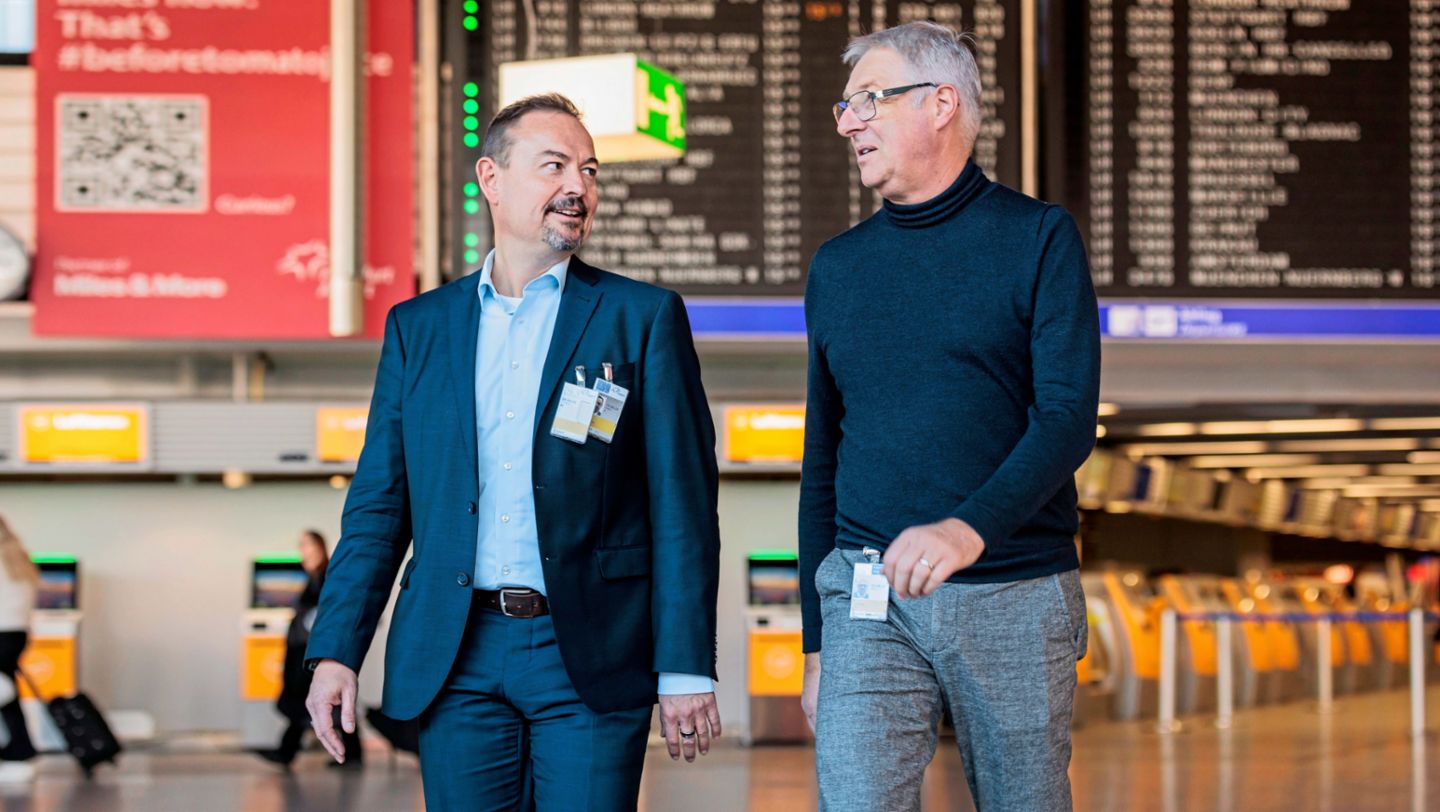
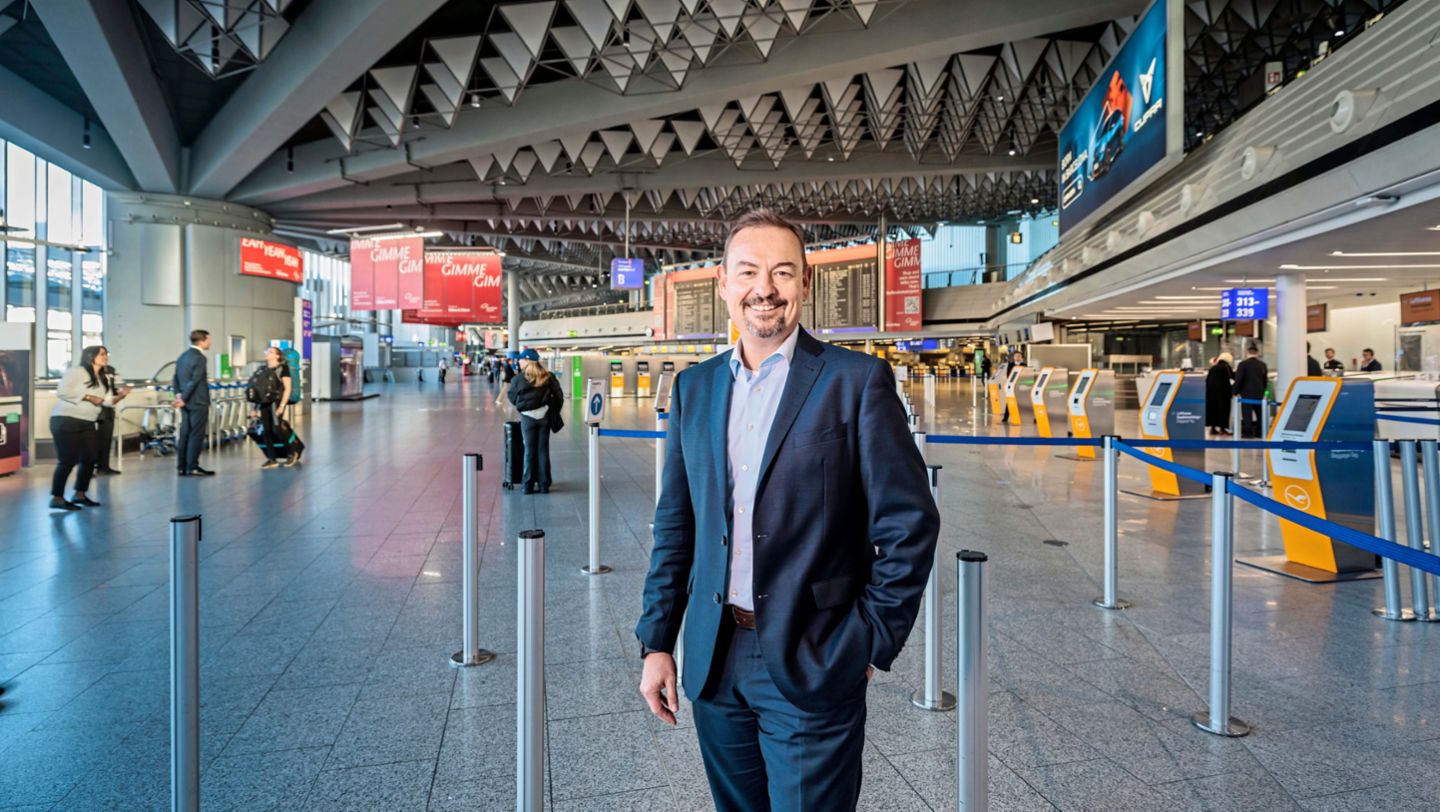
.jpg/jcr:content/SLIDER--3--CO_Fraport_20221123_872880_MarcoProsch_16_9_Neu%20(1).jpg)
